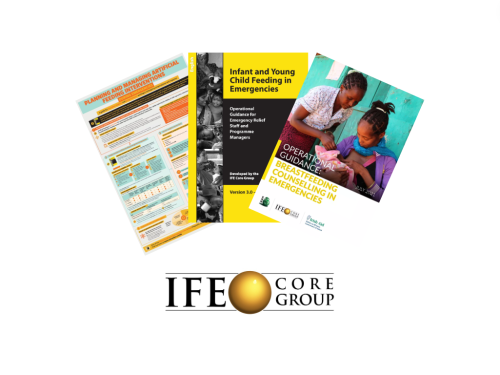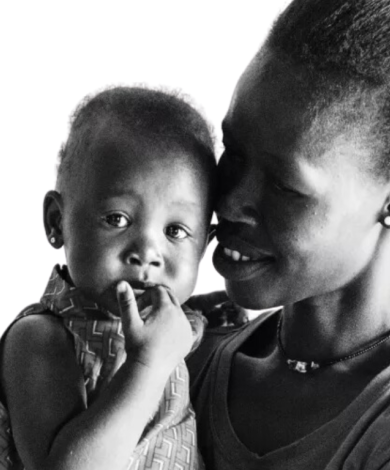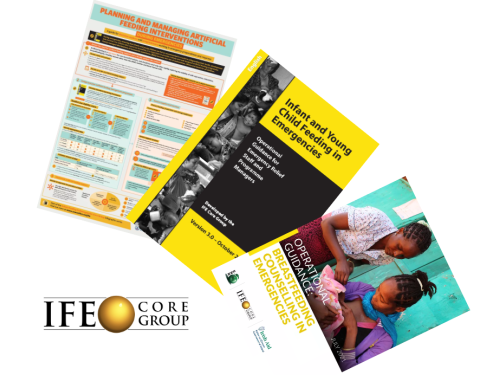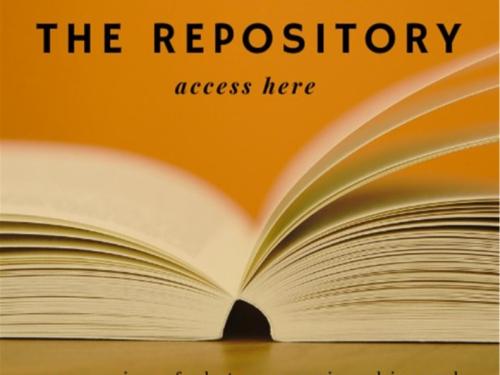Upcoming events
Previous webinars
This webinar sheds light on challenges related to infant and young child feeding (IYCF) in the context of disabilities. It aims to share key resources on IYCF and disabilities, and introduce a newly developed decision tool for emergency practitioners. An expert panel offers additional insights and answer participants' questions.
Watch the webinar recording in English, French, Spanish, and Arabic.
This webinar provides the opportunity to highlight relevant sections of new UNICEF guidance on wet nursing, highlight some experiences of wet nursing in emergency contexts, and initiate a conversation among agencies and organisations on how to utilise and disseminate the guidance at the national and sub-national levels.
Watch the webinar recording in English, Arabic, French and Spanish.
Media and communication colleagues have an important role in raising attention and awareness around the needs and concerns of populations affected by emergencies. In this webinar, you will hear suggestions, recommendations, and tested experiences from colleagues working in humanitarian emergencies/crises and fragile contexts who have witnessed how communication and media are used in relation to infant and young child feeding in emergencies (IYCF-E).
Watch the webinar recording in English, Arabic, French and Spanish.
Previous assessments have highlighted the need to document complementary feeding programming in emergency contexts. In order to contribute to improving complementary feeding in emergency programming, the Infant Feeding in Emergencies (IFE) Core Group, in collaboration with UNICEF and USAID Advancing Nutrition, produced case studies on programming in Nigeria, Sudan, Myanmar, and Yemen. These case studies outline policy, institutional and community level interventions across the food, health, water and sanitation and social protection sectors along the humanitarian-development nexus based on the Action Framework for improving diets of infants and young children.
The objectives of this webinar were:
- To disseminate the Operational Guidance on Breastfeeding Counselling in Emergencies and relevant tools
- To showcase best practices on how to provide skilled Infant and Young Child Feeding counselling to women and children affected by emergencies and highlight the requirements and conditions to be put in place to be able to provide skilled Infant and Young Child Feeding counselling
- To document concerns, questions, issues that field workers have on breastfeeding counselling during emergencies
This webinar will be of interest to: Emergency field workers (health, nutrition, protection, mental health); Programme managers designing health and nutrition responses; Government staff (health and nutrition).
Country/field experiences were presented along with a Q&A session.
Previous assessments have highlighted the need to document complementary feeding programming in emergency contexts. In order to contribute to improving complementary feeding in emergency programming, the Infant Feeding in Emergencies (IFE) Core Group, in collaboration with UNICEF and USAID Advancing Nutrition, produced case studies on programming in Nigeria, Sudan, Myanmar, and Yemen. These case studies outline policy, institutional and community level interventions across the food, health, water and sanitation and social protection sectors along the humanitarian-development nexus based on the Action Framework for improving diets of infants and young children.
The Global Breastfeeding Collective held a webinar on August 3rd 2022 as part of World Breastfeeding Week to learn about the Ten Steps to Successful Breastfeeding, find tools and resources to help adopt them in health systems, and be inspired by stories about the Ten Steps in action. The IFE Core Group presented in the second part of this webinar on ‘What's next for Infants and Young Children in Emergencies’.
As climate-change related emergencies increase, the need for support for mothers and their young children is greater than ever. However, common practices in disaster relief and during the COVID-19 pandemic, such as donations of infant formula and cessation of breastfeeding counseling programmes, undermine child survival. Supporting women by protecting and supporting breastfeeding, starting in pregnancy, and encouraging appropriate complementary feeding are proven strategies for reducing health risks to infants and young children. These strategies can also limit the impact of the rapidly growing formula industry on climate change and the first-food system.
In this session, experts shared:
- Policies that – if implemented and enforced – support women by protecting families from predatory marketing and providing skilled breastfeeding support
- Case studies of disaster preparedness that center on infant feeding safety
- Proven strategies for protecting and supporting maternal, infant, and young child nutrition
On the occasion of the Nutrition for Growth Summit, global experts present experiences and evidence-based information on infant feeding in emergencies: how to protect infants’ health in emergencies (for both breastfed and non-breastfed infants), how to build secure systems as preparedness to provide appropriate infant feeding in emergencies, how to help vulnerable population to overcome/avoid malnutrition in emergencies.
During this Learning and Sharing café webinar, the IFE Core Group disseminated the findings and recommendations of the IYCF-E assessment mapping exercise, raised awareness on the updated WHO/UNICEF IYCF indicators and discussed opportunities, challenges and best practises for using the IYCF indicators in emergency contexts.
The webinar included:
- A brief presentation on the UNICEF BMS procurement guidelines.
- Experiences and real life examples from countries such as Myanmar, Slovenia, Cambodia, Caribbean and South America on how these were able to successfully prevent and /or effectively intercept and handle donations during emergencies.
- Plenty of opportunities for participants to engage in the conversation and ask questions of presenters.
The IFE Core Group and the GNC Technical Alliance held a ‘Learning and Sharing Café’ on Infant and Young Child Feeding. Titled “Shared Responsibilities for Infant and Young Child Feeding in Emergencies - Experiences implementing the IYCF Multi-sector Framework for Action”.
The Learning and Sharing Café provided an opportunity to reflect on how different sectors could ‘share the responsibility’ of protecting, promoting, and supporting infant and young child feeding during emergencies.
The webinar presented the IYCF Framework: A Multi-sector Framework for Action, and highlighted some experiences of implementation including from Uganda and Ethiopia.
The session aimed at advancing Infant and Young Child Feeding in Emergencies (IYCF-E) by presenting the IFE Core Group and the group’s recently developed Strategy (2020-2024), Theory of Change and Action Plan, and highlighting areas for potential engagement by members and GNC partners. The session also provided an opportunity to disseminate some of the most recent IYCF-E activities, tools and achievements.

IFE Core Group
The Infant and Young Child Feeding in Emergencies (IFE) Core Group's vision is that all feeding and care of infants and young children is safeguarded to support child survival, growth and development, in humanitarian contexts.


